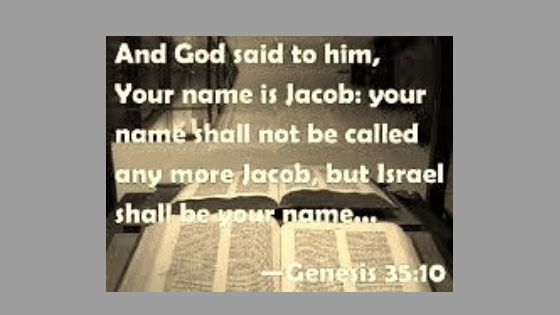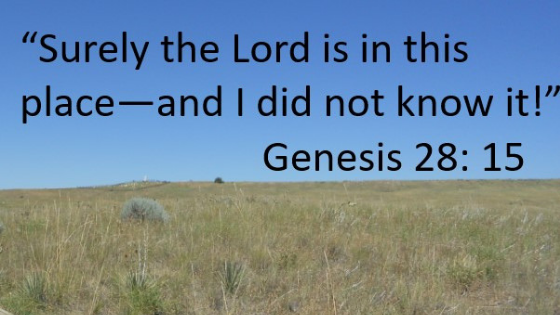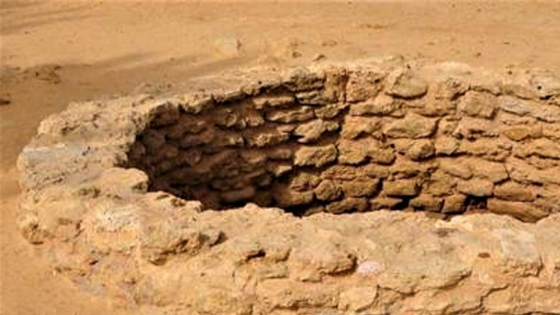Shabbat Table Talk
Parashat Shelach Lecha / Erev Shabbat 8 June 2018
Week of 3 to 9 June 2018
Torah portion: Numbers 13:1-15:41 Haftarah: Josh 2:1-24
[su_button url=”https://drive.google.com/file/d/1MyWyHEWtOpoINTyTd0h63VAl4PvAMbfR/view?usp=sharing” target=”blank” style=”flat” icon=”icon: cloud-download”]Download[/su_button]
 The ‘fight-or-flight” response, also known as the acute stress response, is a physiological reaction of human (and animal) that occurs in response to a perceived harmful attack, event or life threatening situations. The process begins in the brain and as a command center, communicates with the rest of the body to produce the energy to fight or flee. Instead of confidently and triumphantly entering the Promised Land two years after their escape to freedom and wandering in the wilderness, the chosen people of God were suddenly thrown into a panic and gave in to fear and wanted to flee, back to Egypt.
The ‘fight-or-flight” response, also known as the acute stress response, is a physiological reaction of human (and animal) that occurs in response to a perceived harmful attack, event or life threatening situations. The process begins in the brain and as a command center, communicates with the rest of the body to produce the energy to fight or flee. Instead of confidently and triumphantly entering the Promised Land two years after their escape to freedom and wandering in the wilderness, the chosen people of God were suddenly thrown into a panic and gave in to fear and wanted to flee, back to Egypt.
Parashat Shelach Lecha – Hebrew for “send for yourself”, is the fourth parashat in the book of Numbers and the third story of rebellion that seems to be escalating (first- the people over lack of food and living conditions (Num.11), second- Moses’ siblings over supremacy (Num. 12). This week’s portion relates the well-known incident of the twelve ‘spies’ that has narratives which are crucial and pivotal, explaining why it took 40 years for the chosen people of God to reach the Promised Land, and appears to be one of the darkest narratives in the Torah.
The parashah starts with Moshe sending a distinguished leader from each tribe to reconnoitre Canaan: to assess the strength of the population, the number of people (13:18), resources of the land (13:20) and nature of Canaanites defences (13:19), in anticipation of the invasion, “the final result is a tug of war between the sets of spies, the people, Moshe, and God” (Fox 720).
Forty days later, the emissaries returned, carrying a huge cluster of grapes, pomegranates and figs, to report a lush and bountiful land but only Caleb and Joshua remained enthusiastic about entering the Promised Land. Leibowitz dissected the reports made: on the first occasion (13:27-28), they gave answers to Moses’ questions but with a tinge of opinion, that the inhabitants were too powerful and their strongholds too formidable; on the second occasion, in reply to Caleb’s encouraging words (13:30), they replied “ We are not able to go up against, for they are stronger than we” (mimenu, which in Hebrew can refer either to the first person or third person singular, either “than we” or “than him”), that Rashi cited in the Midrash: “they meant it in reference to Him that is above”; on the third occasion (13:32), an obvious contradiction that if the land consumed their inhabitants, how did there exist men of great stature? (Leibowitz 139-141).
What the scouts reported was factually correct but it was not the truth and failed to anticipate the consequences of speaking their minds and giving voice to their own doubts that would provoke panic among people (Etz Hayim 842). What is their sin? According to tradition, they sin by not trusting God’s vision and not having faith (14:11) and they “caused the whole community to mutter against Moses by spreading calumnies about the land” (14:36) (Ezkenazi 888). The listeners, on hearing the various assessments of the land, chose to believe the pessimists-the ten scouts, rather the optimists-Caleb and Joshua, and in despair make ready to return to Egypt. (Plaut 977).
The murmurers succeeded in their evil intent and their audience grumbled, rebelled and wept. (14:2-4). The murmuring passed through two stages: first, regret of the past (14:2-3), then “They said one to the other” – kind of mutual incitement, “Let us appoint a leader and let us return to Egypt” (14:4) which the Midrashic explanation according to Rashi is “an expression of idol worship” (Leibowitz 149). This extreme display of faithlessness before God, similar to the Golden Calf episode (Ex. 32) provokes God’s fiery anger which threatens to annihilate the whole nation (Ezkenzi 875). God is now convinced that the generation of the Exodus is unfit for true independence, and it will be condemned to wander in the wilderness and will not be permitted to occupy Canaan (14:5-38). (Plaut 977). Maimonides explains that man cannot be expected suddenly to leave the state of slavery…it was part of the Divine wisdom to make them wander until they had become schooled in courage, and in addition, a new generation of people who had known no humiliation and bondage. The Divine punishment is itself cure for their ills, the path of their repentance. (Leibowitz 169). “God is willing to destroy Israel but concedes to Moses that although this generation will be punished, God will bring their children safely in to the Promised Land” (Milgrom) (Etz Hayim 769).
Reflection: 1. Is there ever an instance in your life that you lied to influence another person’s decision? 2. Do you remember a critical point in your life when you failed to trust God, and yet God, in his loving kindness redeemed your situation? 3. What are you aspiring for at the moment? Are you prepared to face the consequences including the responsibilities if you get what you are hoping for?
Bibliography: Etz Hayim ( NY, 2001); Fox, The Five Books of Moses (NY, 1995); Eskenasi, The Torah, A Women’s Commentary (NY 2008); Leibowitz, Studies in Bamidbar (Jerusalem, 1996); Plaut, The Torah, A Modern Commentary (NY 1981)
This week’s teaching commentary is by
Ruby A. Simon, M.D, Philippines, Bat Kol alum 2007 and 2009
Copyright © 2018
………..……………………………………………………
PLEASE NOTE: The weekly Parashah commentaries represent the research and creative thought of their authors, and are meant to stimulate deeper thinking about the meaning of the Scriptures. While they draw upon the study methods and sources employed by the Bat Kol Institute, the views and conclusions expressed in these commentaries are solely those of their authors, and do not necessarily represent the views of Bat Kol. The commentaries, along with all materials published on the Bat Kol website, are copyrighted by the writers, and are made available for personal and group study, and local church purposes. Permission needed for other purposes. Questions, comments and feedback are always welcome.
………………………………………………………………
Bat Kol Institute for Jewish Studies, Jerusalem
~~1983-2018~~
“Christians Studying the Bible within its Jewish milieu, using Jewish Sources.”
Website: www.batkol.info Parashat Admin: gill@batkol.info
@import url(https://www.ratisbonne.org.il/bk/wp-content/plugins/siteorigin-panels/css/front-flex.min.css); #pgc-3488-0-0 , #pgc-3488-0-2 { width:10%;width:calc(10% – ( 0.9 * 30px ) ) } #pgc-3488-0-1 { width:80%;width:calc(80% – ( 0.2 * 30px ) ) } #pl-3488 #panel-3488-0-1-0 { } #pl-3488 .so-panel { margin-bottom:30px } #pl-3488 .so-panel:last-child { margin-bottom:0px } #pg-3488-0.panel-no-style, #pg-3488-0.panel-has-style > .panel-row-style { -webkit-align-items:flex-start;align-items:flex-start } @media (max-width:780px){ #pg-3488-0.panel-no-style, #pg-3488-0.panel-has-style > .panel-row-style { -webkit-flex-direction:column;-ms-flex-direction:column;flex-direction:column } #pg-3488-0 .panel-grid-cell { margin-right:0 } #pg-3488-0 .panel-grid-cell { width:100% } #pgc-3488-0-0 , #pgc-3488-0-1 { margin-bottom:30px } #pl-3488 .panel-grid-cell { padding:0 } #pl-3488 .panel-grid .panel-grid-cell-empty { display:none } #pl-3488 .panel-grid .panel-grid-cell-mobile-last { margin-bottom:0px } }



